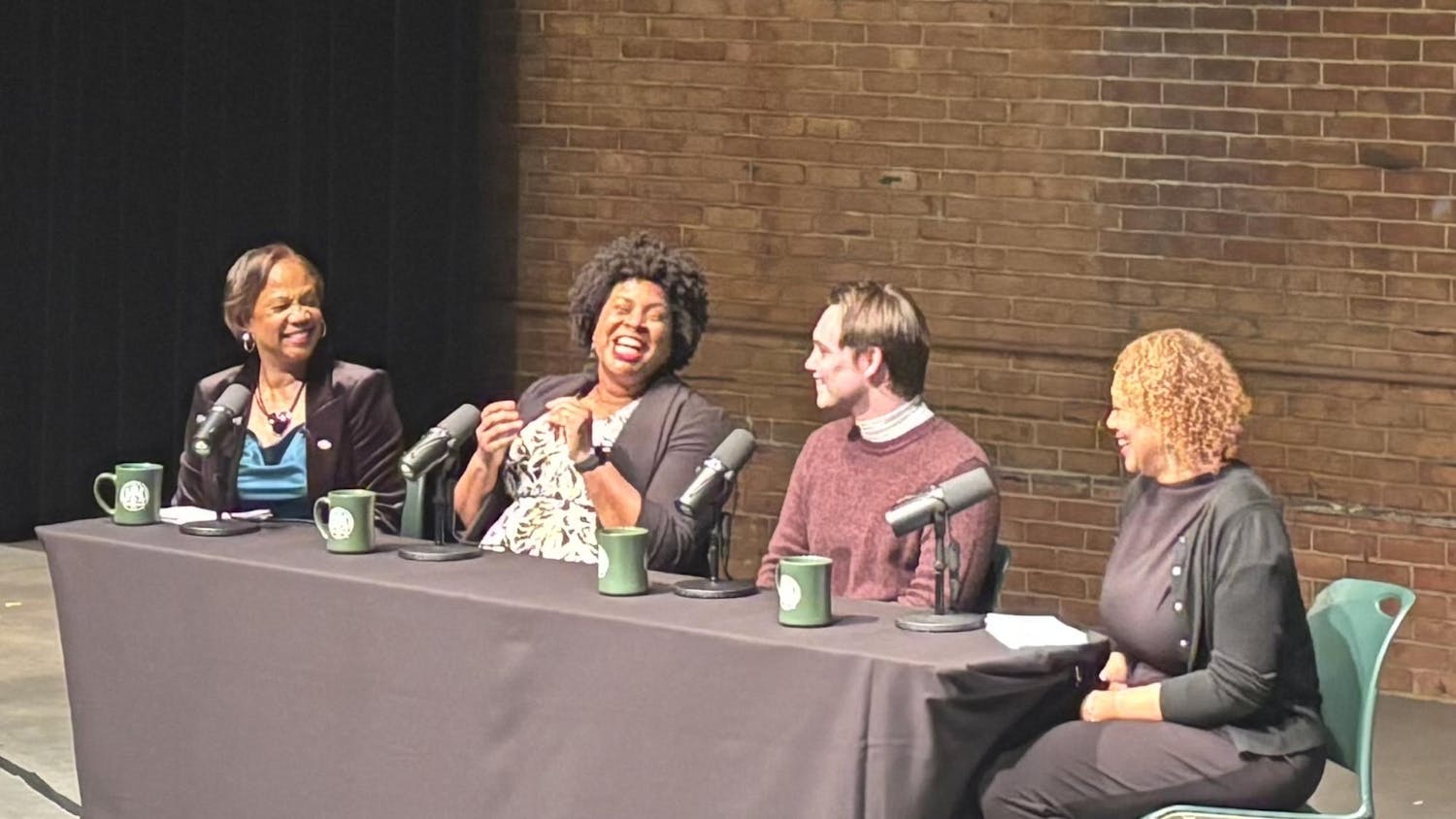Ypsilanti residents who want to make a statement during City Council meetings must meet a new set of rules.
Designed to rein in lengthy meetings, council leaders said the new rules require that all speakers sign in first, and that if more than 30 people are on the list, the speaking time is reduced from three minutes to two.
Council members approved the changes in a 6-1 vote Nov. 26 in a regular meeting that started at 7 p.m. and ended at 1:30 a.m. City Resolution 2024-265 amends the procedure for audience participation by adding or amending speaker requirements to include:
- Residents must sign up with their name and address ahead of time.
- The total public comment period of the meeting is shortened from one hour to 45 minutes at the start of the meetings.
- The time allotted to speakers will be reduced to two minutes once a threshold of 30 individuals have signed up to speak.
- Those holding signs at the meeting must stay in the back area of the chambers, so they do not obstruct the audience members' views or block cameras. Additionally, signs must be held no higher than shoulder level; cannot be attached to poles or sticks; and must not block aisles, walkways or egress routes.
Council members Michelle King, Amber Fellows, Roland Tooson, Steve Wilcoxen, Nicole Brown and Patrick McLean approved the changes.
Council member Desirae Simmons voted against the measure.
Before the vote, Mayor Nicole Brown and Councilwoman Me’Chelle King both raised concerns about enforcing the rule changes considering the lack of adherence to the previous rules and their enforcement.
Newly elected Council Member Amber Fellows expressed concerns over the origins of the proposal.
King, commenting before the vote, said she was concerned about protecting public involvement. She didn't want the new rules to stifle participation.
The changes were adopted following two months of council meetings that had been interrupted by protestors.
Throughout the Nov. 26 meeting, the events of an Oct. 16 meeting were cited by both city council members and the city attorney John Barr, as the reason for the proposed changes. At the Oct. 16 meeting, protesters banged on windows, shouted, and held signs, ultimately leading to the meeting's cancellation.
Mayor Pro-Tem Steve Wilcoxen expressed exasperation at being unable to deal with constituents and their concerns because of "people from Dearborn” attending that protest and delaying the meeting.
The Oct. 16 meeting saw members of the public protesting against a measure that proposed among other resource grants, giving the city manager the power and authority to use a police presence to “ensure a safe downtown for all residents, visitors, and business owners.”
Also on the agenda for the Nov. 26 meeting was a proposed change to how the council advises and interacts with the city manager and other city resource departments. The new rule would require council members to speak to the city manager first. The council unanimously approved City Resolution No. 2024-262, Council Protocol for City staff.
Ypsilanti resident Mark Hergott, the first member of the public to address the Nov. 26 meeting, spoke against the resolutions for the council contact with city staff, and the rule changes for public speaking.
Hergott said he believes the council protocol resolution gives the city manager too much power to withhold information from the council. On the public comment resolution, Hergott said it violates the spirit if not the actual letter of the Michigan Open Meetings Act. He asked council members to vote against both resolutions.
Resident Diana Gonzales was one of at least two speakers who protested the requirement for speakers to provide their addresses. Gonzales said she fears other people angrily confronting her regarding her comments. She also said the news rules would limit her access to the council, and she would feel dispossessed if the council adopts the new rules regarding speaker involvement in the meetings.
The total public comment time at the beginning of the Nov. 26 meeting, including attendees from Zoom, was slightly under 44 minutes. Everyone got three minutes to speak.
Other comments included an encouragement for the council to hold some meetings at other times of the day, and expressing worry that the latter of these rule changes would be used maliciously by larger property-owning groups in the city to suppress individuals and relegate them to the end of the meetings, after rule changes would already have been decided.










